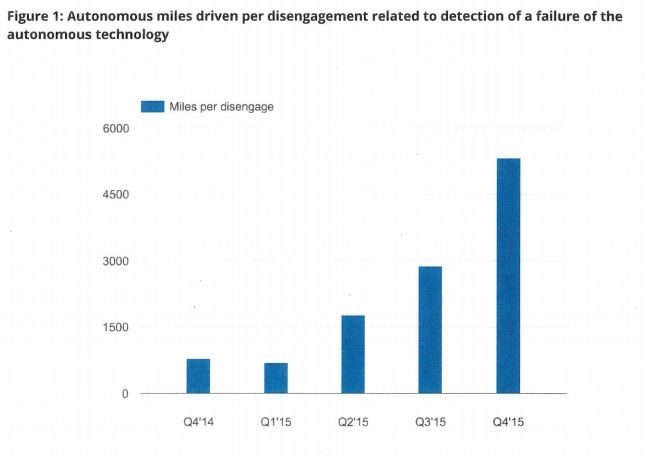The technology isn't the issue, the regulatory environment is. And that environment is at least partially informed by liability issues, which is a giant hornet's nest just waiting to get poked. Tesla is already poking it with respect to autopilot, and the very name autopilot is in some sense an indication of where things stand: Tesla calls it autopilot specifically to distinguish the fact that you are still the pilot. And lurking behind that is the ugly nebula of liability, wherein gigantic lawsuits and a whole new cottage industry for lawyers may potentially lurk.
In my opinion, until the regulatory agencies address who is liable when these systems fail (and they will) and property damage or personal injury results (and it will), most manufacturers will actually be afraid to market and push these features forward in any but the simplest and most basic ways. And that, in and of itself, may also explain why no manufacturers are fielding anything remotely like autopilot; it;s not because they can't build it, it's because they don't have the temerity to expose their organizations to the liability mess that is bubbling and broiling in that cauldron, waiting for the poor soul with the fortitude (or foolishness) to ladle out some of the brew.



